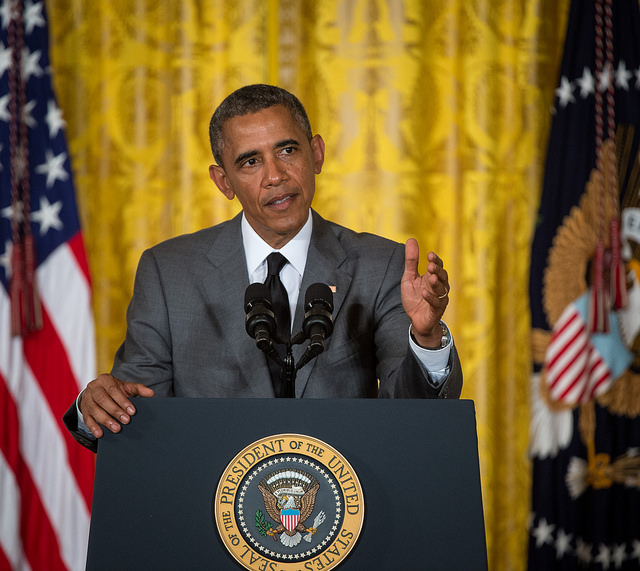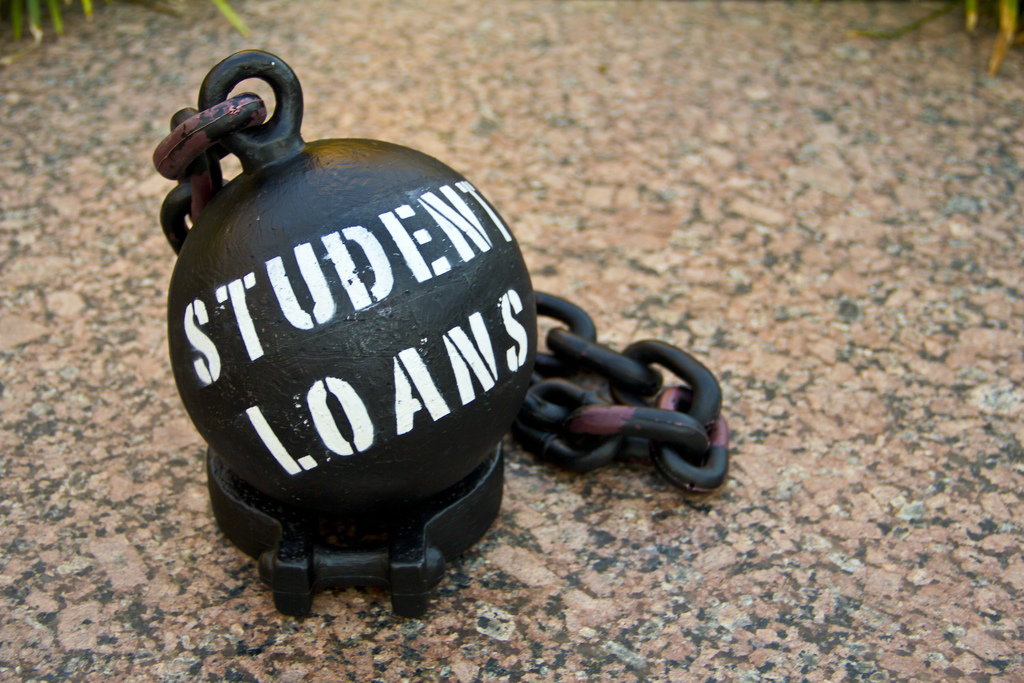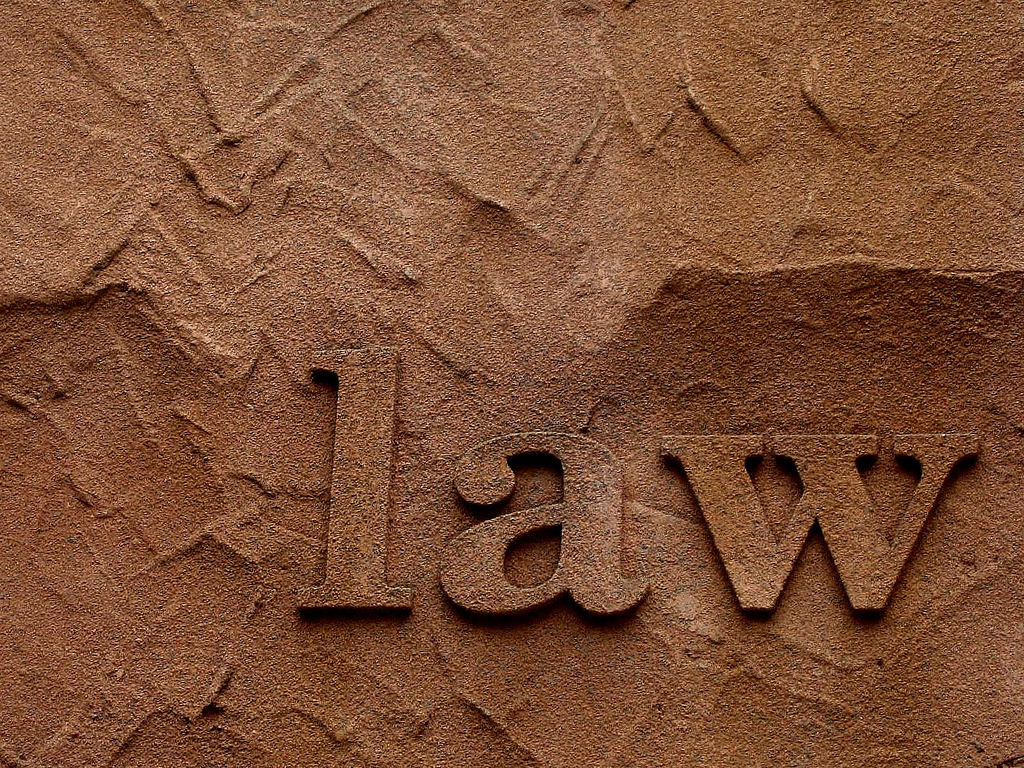The February bar exam scores usually possess the lowest scores. Most February test takers are usually second-timers and probably failed for a reason the first time around. However, the results from these Florida law schools were from first-time test takers meaning it does not factor in people who have failed before.
The results are as follows:
Florida Coastal School of Law (Jacksonville, FL): 32.7% pass
Barry University School of Law (Orlando, FL): 35.9% pass
St. Thomas University (Miami Gardens, FL): 42.3% pass
Stetson University School of Law (Gulfport, FL): 53.3% pass
University of Florida (Gainesville, FL): 56.3% pass
University of Miami (Coral Gables, FL): 53.1% pass
Ave Maria School of Law (Naples, FL): 52.9% pass
Nova Southeastern University (Fort Lauderdale, FL): 75% pass
Florida State University (Tallahassee, FL): 71.4% pass
Florida International University (Miami, FL): 84.6% pass
Both Florida Coastal and Barry University boasted in the fact that they had the most students sitting for the bar exam, which usually is not a good sign. Florida Coastal is notorious for its unreasonable investment and low employment score (29%).
Even though the University of Florida and the University of Miami had the least number of test-takers, the results are still very surprising. Only about half managed to pass. UF has an employment score of 68% and a US News Rank of 47. UM has an employment score of 67% with a US News Rank of 63.
Nova Southeastern and Florida State University continue to well with about 3/4 of their test takers have passing marks. FSU has an employment score of about 68% and has a US News Rank of 45. Florida International University did the best, with a 84.6% pass rate.
Article via Above the Law, April 11, 2016
Photo: Last Undergraduate Class via Stephen Grebinski [Creative Commons Attribution-NonCommercial-NoDerivs]




